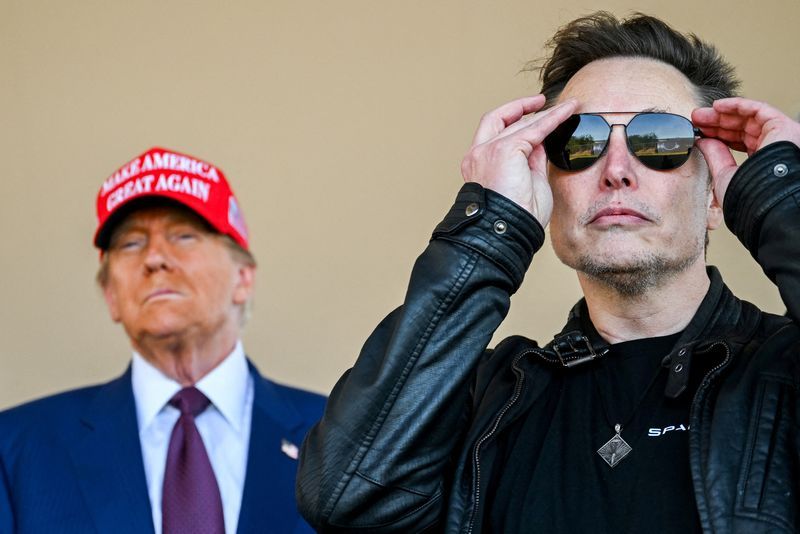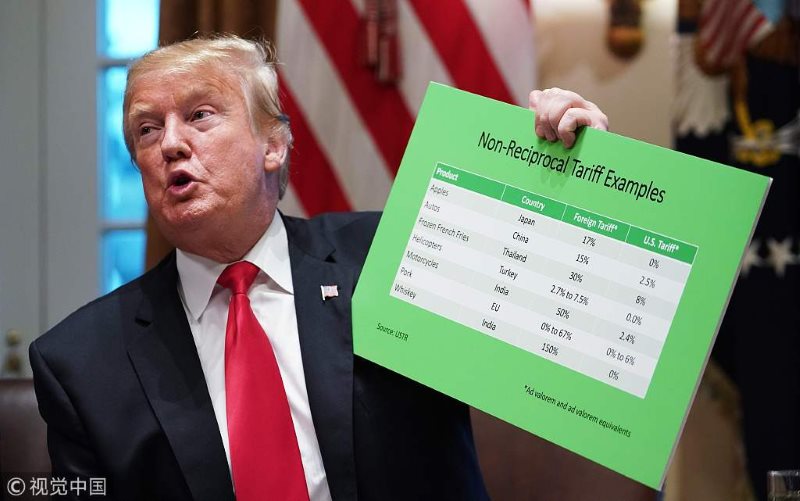Economy
White House Redefines Tariffs with Strategic Focus and Trade Retaliation
The White House is adjusting its tariff strategy for April 2, excluding certain sectors and applying reciprocal levies on countries with trade imbalances. Trump calls the date “Liberation Day,” aiming to align U.S. tariffs with those of its trading partners.
Tariff Review in Key Sectors
Tariffs were initially promised on automobiles, pharmaceuticals, and semiconductors, but they might be excluded from the official announcement. A senior official suggested the administration is prioritizing specific countries engaged in unfair trade practices. The decision reflects a strategic approach to targeting sectors with significant economic impact. This selective enforcement aims to address trade imbalances while minimizing disruptions in key industries.
Canada and Mexico Under Scrutiny for Fentanyl Trafficking
Uncertainty surrounds tariffs targeting Canada and Mexico, justified by fentanyl trafficking concerns. While the White House avoids statements, internal sources mention that the list of affected countries, dubbed the “15 Polluters,” is still under review.
Shift in Tariff Implementation Strategy
The original plan to categorize trade partners into different tariff levels has been scrapped. Instead, customized levies will be imposed on each country, potentially raising tariffs to levels unseen in decades.

Musk’s Expanding Political Influence
Elon Musk’s expanding political influence is branching out beyond his government-reform efforts in Washington. This month…
Emergency Economic Authority to Enforce Tariffs
Trump may impose tariffs immediately using his emergency economic authority, ensuring swift action. Officials are finalizing enforcement details, allowing potential adjustments beforehand. The administration evaluates economic impacts, refining strategies to minimize disruptions. This process highlights flexibility in trade policies while maintaining a firm stance.
Business Pressure and Absence of Previous Exemptions
Canadian and Mexican officials expect future negotiations but acknowledge that exemptions won’t be granted before April 2, prompting ongoing diplomatic discussions. Major corporations lobby intensely for exemptions, seeking clarity. Officials acknowledge concerns but haven’t provided definitive answers on potential adjustments. This uncertainty fuels ongoing discussions between governments and industry leaders.
Trump Maintains Firm Stance but Leaves Room for Adjustments
Despite corporate pressure, Trump refuses to make concessions, asserting that they would weaken his strategy. However, he hints that “flexibility” remains key in his tariff policy, leaving space for potential changes in the coming days.


